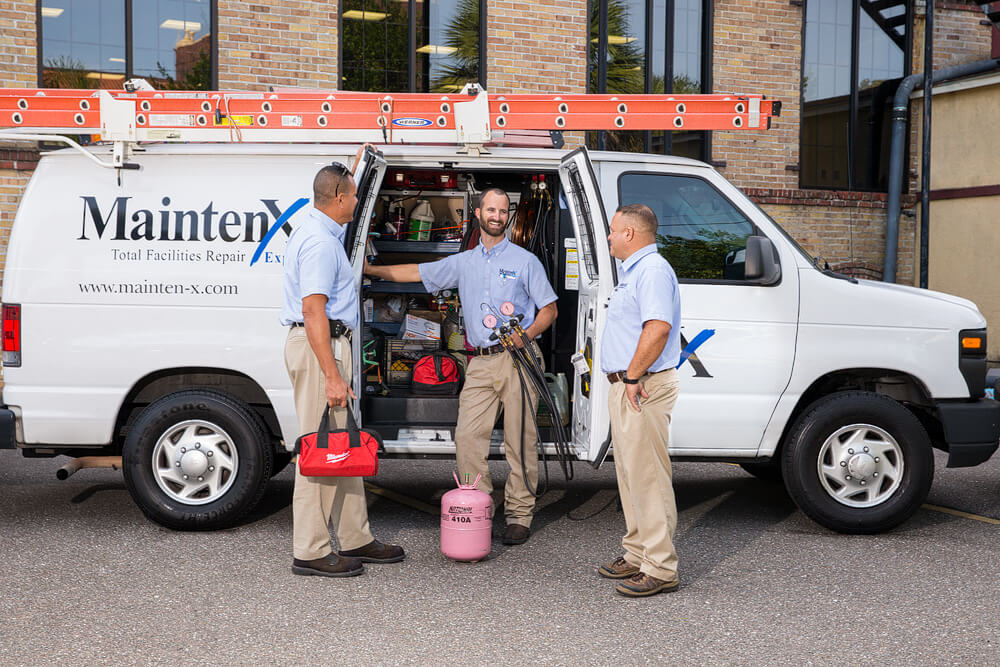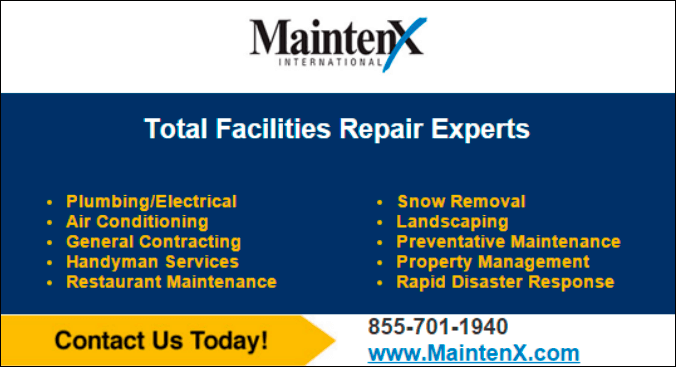Many companies perform installations for heating, ventilation and air conditioning systems. Facility managers looking to replace or upgrade their business’s units must evaluate their options based on a variety of factors. While not all companies perform equally, it is also important to pay a fair price for the job that is being done.
The size of the facility matters because cost grows with square footage and duct length. The type of HVAC equipment that is being installed also plays a role, although more expensive does not always equate to higher installation costs. Ductwork installation can sharply raise the price, as it’s the hardest and most disruptive thing to install.
There is no “standard” price for HVAC installation, but you can usually tell when a contractor is trying to pull a fast one on you. Don’t just take anyone’s word; do some research and price comparison beforehand, and ask for references.
At MaintenX, we believe in honest dealings and fair pricing. That’s why you work with our own technicians rather than a contractor. To learn more about our process and to get a fair quote today for your HVAC installation, feel free to contact us anytime.



